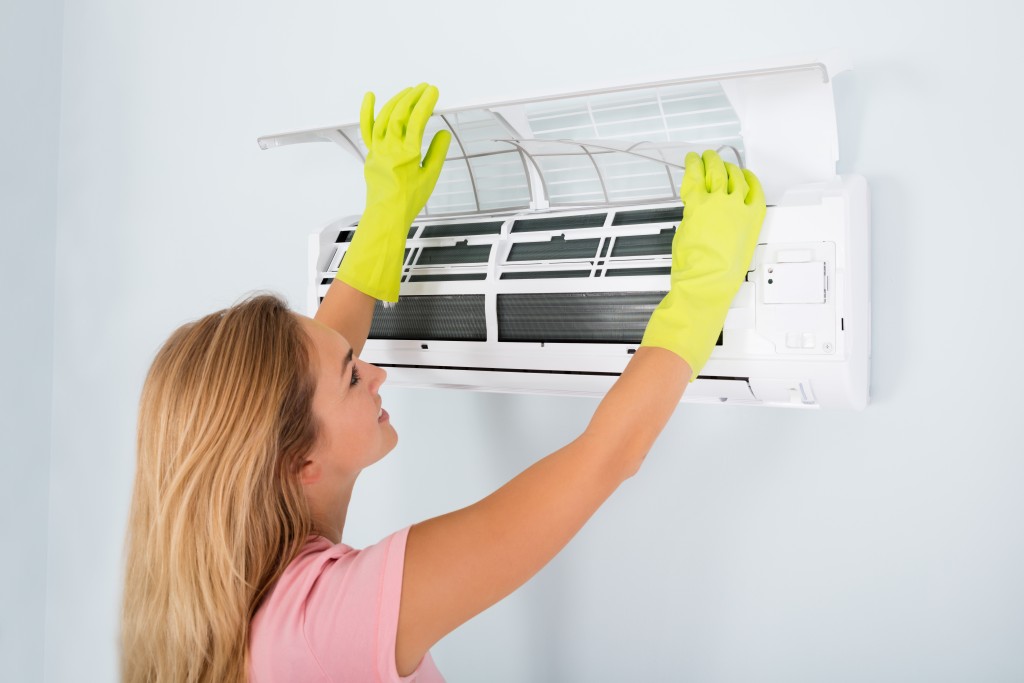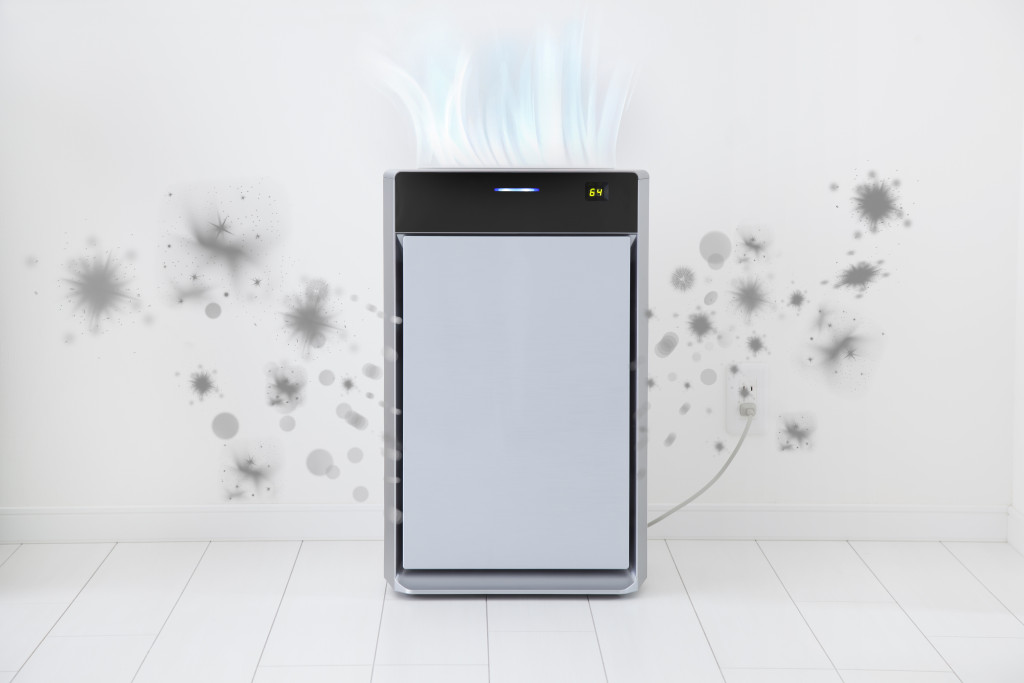Disclaimer: Miele Guide. This site provides fashion and lifestyle content for informational purposes only.
Moisture can cause lots of expensive structural damage to your home. When this seeps into the crevices of your walls, you can expect that your home’s structure will weaken. This means that light to medium storms could easily break your walls down.
In addition to this, not addressing the issue of humidity in your home could also lead to other health hazards. One of these is respiratory problems and other lung conditions. That’s because mold could easily build up in places where there’s too much moisture. This often happens when our home’s basement is left unchecked for months.
Luckily, there’s one home installation device that could save us from this problem. That’s a dehumidifier. In this article, we’ll talk about whether you need a basement dehumidifier and how you can choose the appropriate size.
Do You Need a Basement Dehumidifier?
One of the most common areas in your home that receives the most brutal repercussions of moisture is your basement. Not only is it not visited frequently for you to notice the high levels of humidity, but it is also often quite dark, which invites other elements into the mix. This begs the question of whether you need a basement dehumidifier.
If Your Basement Has Bugs
A dark and damp environment is the recipe for bug infestation. Since it is not cleaned as often as the other areas in your home, pests would really love thriving there. If you notice that your basement has lots of bugs, you need a basement dehumidifier. However, installing a basement dehumidifier means you need to get rid of these bugs and pests first. Make sure that you consult a professional services of an exterminator before heading down to your basement.
If Your Basement Smells
Even without the sight of bugs, one step inside your basement is more than enough to help you decide. If it so happens that every time you go to your basement, an unpleasant, musty, and damp odor welcomes you, you need a basement dehumidifier. That’s because sooner or later, that foul odor will find its way into your living spaces.
If Your Possessions Are Damaged
Where there are water and metal, there is rust. Aside from structural damage, one of the most common signs that your basement has high humidity levels is when you notice your bicycle that’s been stuck there for quite some time is collecting rust.
Any other metallic item in the basement that starts to rust may indicate that the air is moist. Even the wooden floors or molds on the walls or other items will let you know that you need a basement dehumidifier.
How to Choose the Right Dehumidifier Size
To ensure you have the right size of dehumidifier for your home, here’s what you need to do:
Measure the Room Size

The first thing you need to do is identify the size of your basement or the room you plan to use the dehumidifier.
To do so, get the width of the room and multiply it by the length. Make sure that you’re using feet as a unit of measurement. The product of the length and width is the area of the room. For example, if the room is 50 feet wide and 30 feet long, that means the area is 1,500 square feet.
Match the Room Size and Humidity Level to the Dehumidifier Size
Here are the different dehumidifier sizes you’ll find in the market today:
30 Pints
A 30-pint dehumidifier is the smallest basement humidifier there is. It is also the most common dehumidifier size used in residential houses.
If the room is 1,500 square feet or smaller, a 30-pint dehumidifier should suffice. However, you should also consider the humidity of the room. If the room is more damper than normal and is already emitting a musty odor, you may need a stronger dehumidifier.
40 to 50 Pints
If the basement area or room is around 2,000 square feet, you will need a dehumidifier that’s about 40 to 50 pints in size. It is also effective for rooms that are always damp and always smell musty. If the moisture is already evident on the walls, a 40- to 50-pint dehumidifier is really necessary.
60 to 70 Pints
Anything larger than 2,000 feet would require a 60- to 70-pint dehumidifier. You can also use this for extremely wet rooms.
For example, if your basement floor is always wet, don’t bother draining it with a mop. Use a dehumidifier instead. This size of dehumidifier is also the most commonly used for basement installations.
Moisture is one of those problems at home that starts small but can cause significant damage if not fixed immediately. Having a dehumidifier at home, or even just in your basement, is a good precautionary measure to prevent health and structure concerns from magnifying.
